Travel companies and destinations need to define and attract their ideal travelers, but doing so requires alignment of travel brands and potential clients.
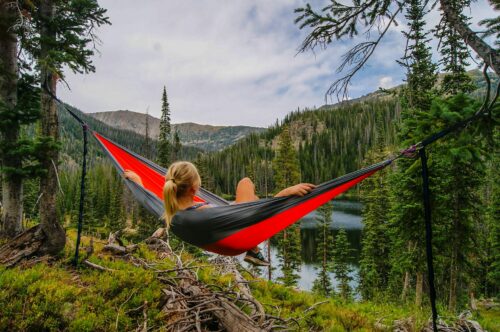

Rooted is a solutions platform at the intersection of sustainable and regenerative tourism practices, storytelling, and social impact.
We work with destinations, travel brands, tour operators, media and travel writers, and tourism professionals from around the world to unlock the power of strategic storytelling and tourism communications that shine a light on responsible tourism and destination stewardship.
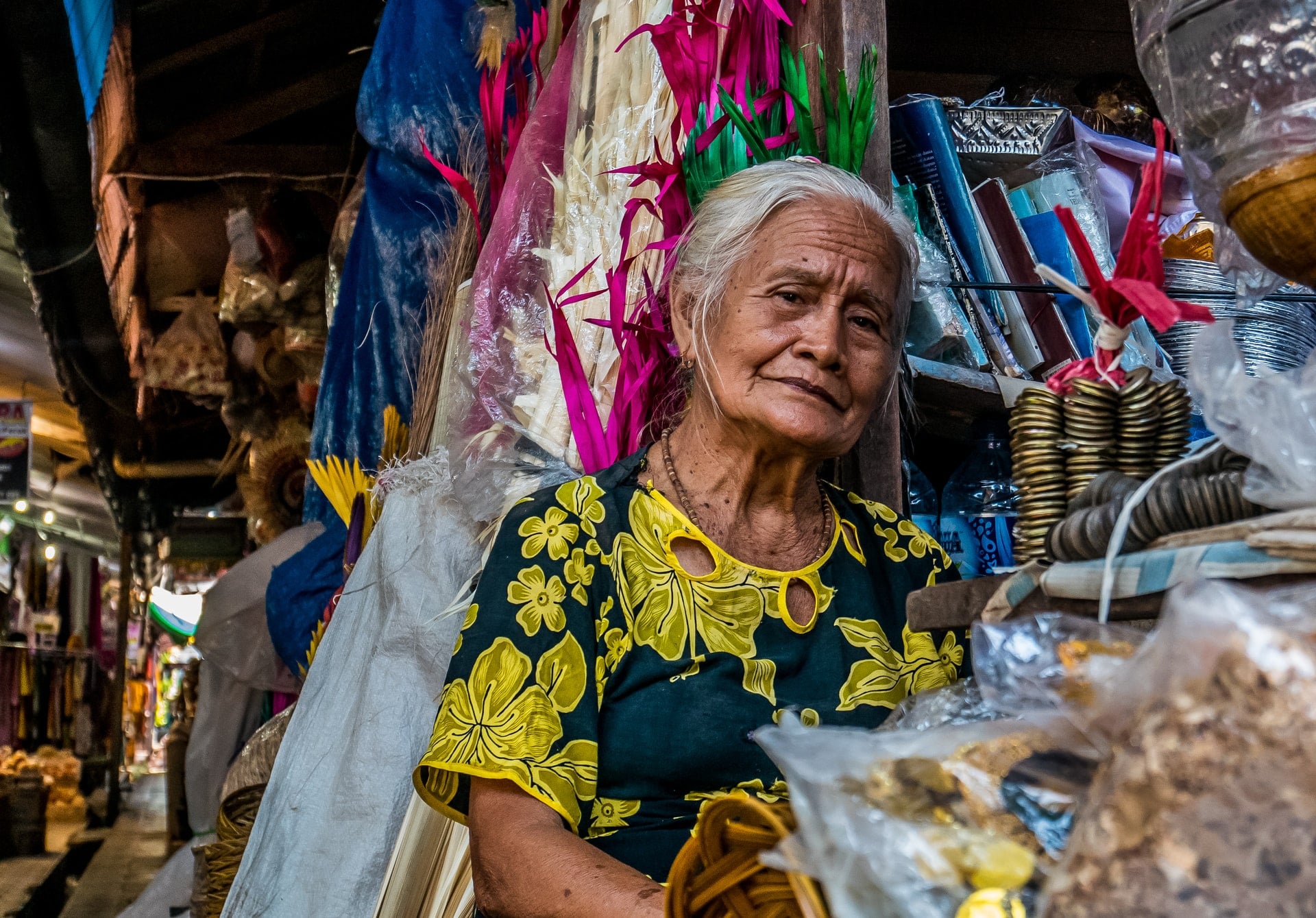
Around the world, people have found creative ways to respond to the world’s most pressing challenges. They’re lifting up local communities and helping the planet heal. And they’re using tourism to make it happen.
It’s time we hear their stories.

In London, tour companies employ vulnerably housed people who guide walks while sharing stories of homelessness usually hidden from travelers.

In Greater Kruger National Park, the country’s first all-female anti-poaching unit champions conservation and keeps poachers at bay without the use of any weapons.

In Miravalle Territorial Area for Training and Reincorporation, ex-FARC guerillas laid down rifles for
rafting paddles and established a tourism business to sustain their village.

In Ladakh, a trekking company has electrified more than 130 remote villages, providing work for women and discouraging youth from migrating to urban areas.

In Sydney, kayakers take in iconic skyline views while removing litter from the waterway and learning about the area’s sustainability initiatives.

In Yellowstone National Park, an adventure tour operator diverted 99% of rubbish created on an experimental zero-waste trip – but discovered hurdles still exist for food waste.
Our mission is to responsibly document, support, celebrate, and share sustainable travel-related initiatives that prioritize local communities, protect the planet, and support regeneration – and to help tourism professionals and travel content creators do the same.
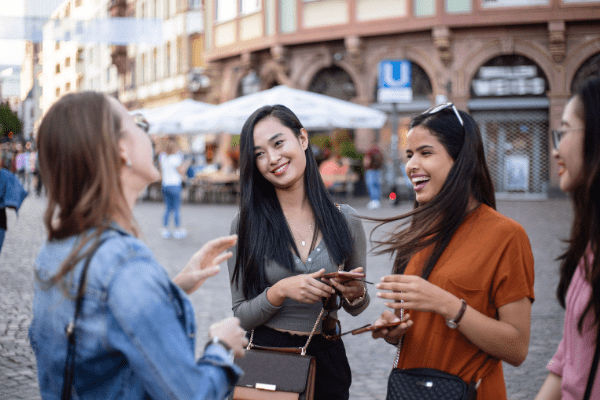
Rooted is a resource and source of education, inspiration, and ideation for new and seasoned professionals working throughout the travel and tourism industry. We specialize in providing support, training, and resources to help you improve your sustainable tourism storytelling and communications skills, so you can share your stories and initiatives with impact.
Various avenues for expanding your tourism communications and PR knowledge
Aligned with the UN's sustainable development goals
Consulting solutions to tourism challenges
Decades of tourism industry experience
Actionable storytelling for tourism
Permission to think outside the the box and challenge the status quo
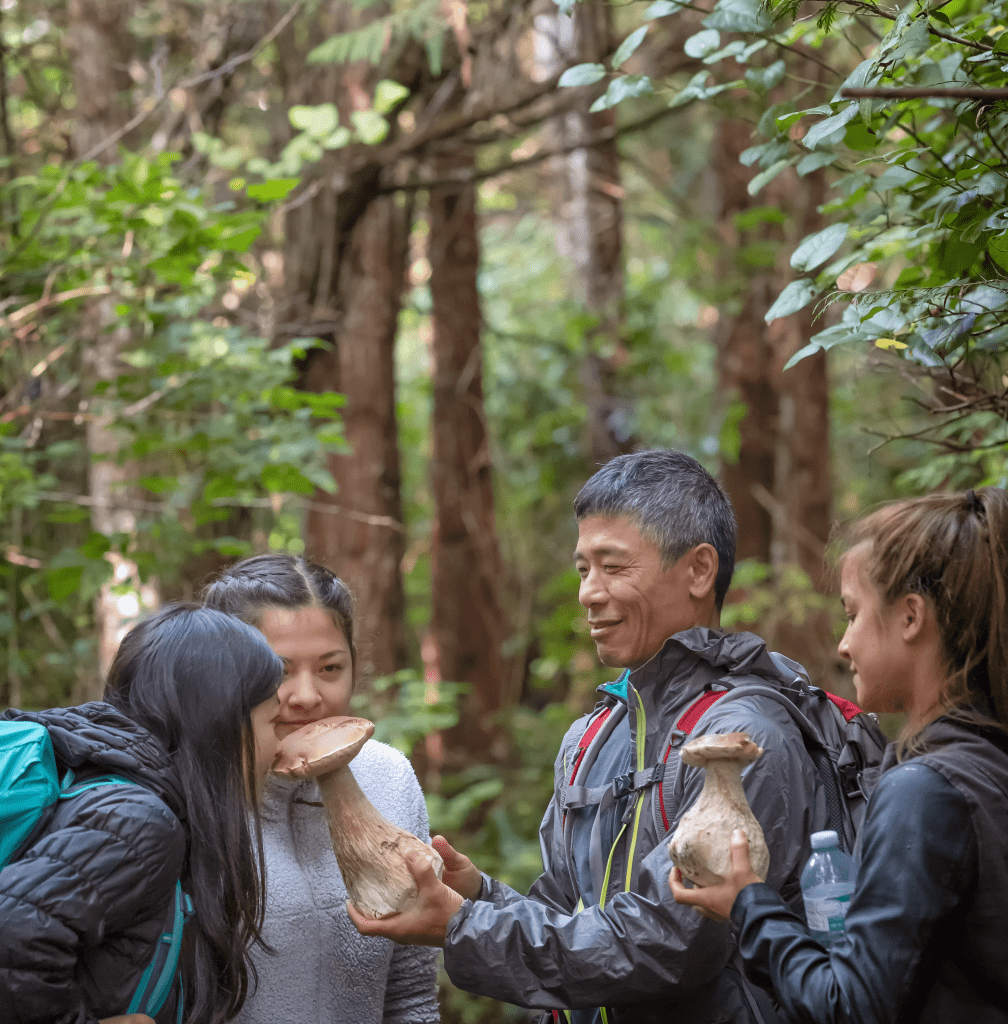
Expand Your Impact
Rooted is actively developing a wide selection of courses related to travel and tourism public relations, media relations, ethical marketing and communications strategies, brand storytelling, responsible travel writing and content creation, innovation and creativity, and mindful travel practices.
Full-length courses offer comprehensive information paired with supplemental material while module micro-courses focus on specific topics and skills.
Choose from self-directed courses and cohort-based learning opportunities.
Design the course perfectly suited to your organization and needs.
You’ve hired the best staff, created relationships with ethical suppliers, and designed thoughtful travel experiences your company is proud to share with potential travelers.
But are you communicating a compelling story that matches your intentions?

Consulting Services Include:
Content ideation and brainstorming:
Probing questions and a fresh perspective results in lots of ideas for re-energizing your travel company’s internal and consumer-facing content.
In-house training and workshops:
Scaled and tailored presentations and interactive activities customized for your team’s needs.
Travel media editorial advising:
A critical eye takes a look at your consumer-facing content and strategy, and offers opportunities for more intentional and robust storytelling.
Trip cohesion:
Suggestions on how trip itineraries and destination experiences can be enhanced with narrative building.
Brand storytelling:
Get help defining your company’s purpose and find the threads that attract your ideal travelers.
Long-form report development:
Compile trends and impact reports that highlight your company’s strengths while telling a compelling story.
What else is tripping you up when it comes to travel marketing, strategic storytelling, and connecting with travelers?
We’re here to help!
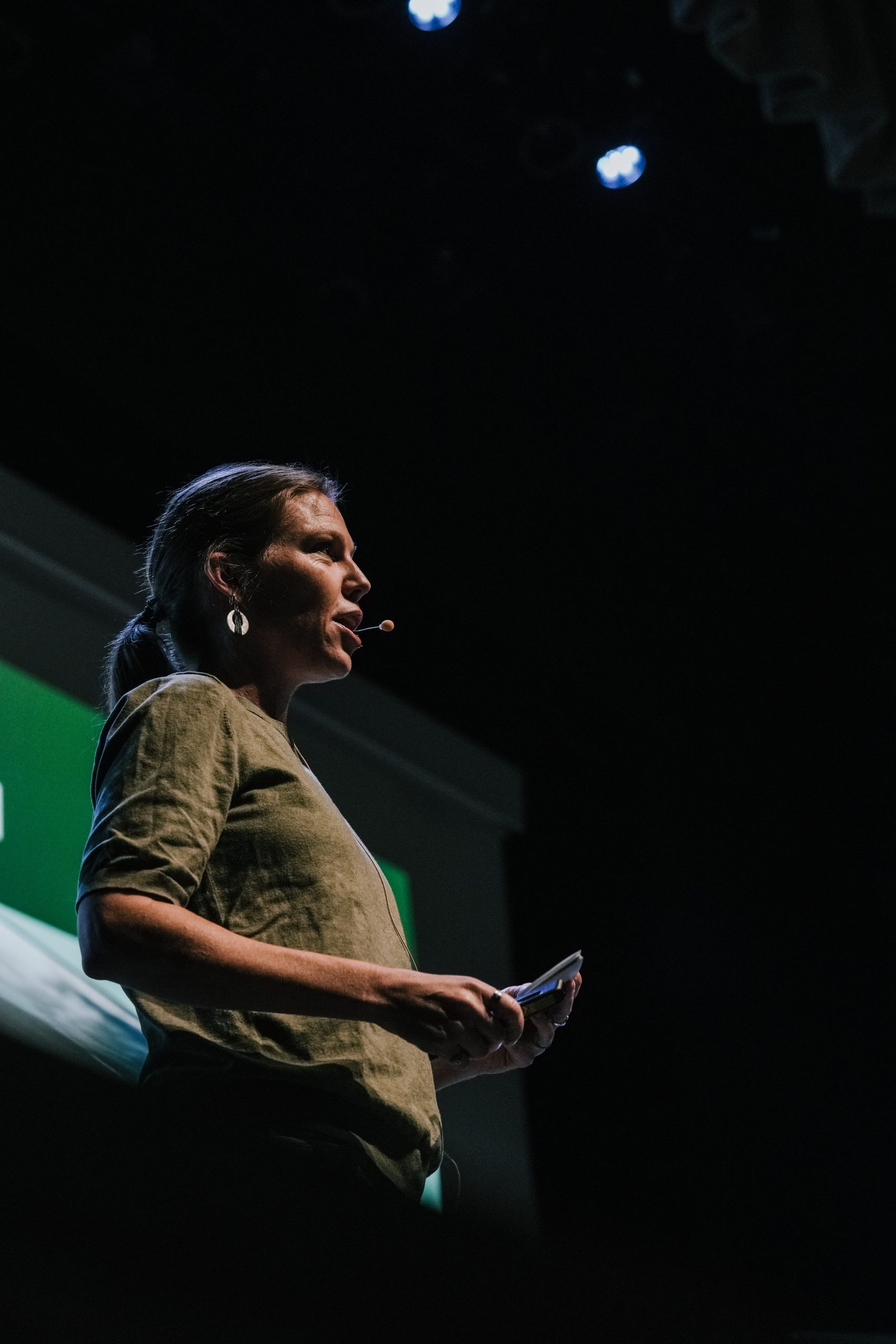
JoAnna Haugen delivering a keynote address at ABVP Travel Fest 2023. | Photo credit: Marília Maia e Moura
Stand Up, Speak Up
Invite the Rooted expertise to your next event! Rooted’s founder, JoAnna, has presented keynote speeches, breakout sessions, and interactive workshops in a variety of settings.
She has also participated on content-specific panels and in virtual conferences, and she’s been interviewed on numerous podcasts.
We don’t believe in just regurgitating facts. We want your audience to feel challenged, ask questions, or be excited about learning more!
Previous speaking engagement topics have included:
Regenerative travel practices
Responsible travel writing and content creation
Decolonizing tourism storytelling
Sustainability communication
Women’s empowerment in tourism
Community tourism
Access Rooted’s rich well of internal and external resources in one spot. This carefully curated space ensures you can easily find the very best, most comprehensive information related to storytelling in tourism, responsible travel marketing practices, social impact, sustainability, and rethinking tourism – regardless of your role in the travel and tourism industry.
Storytelling
Everyone is a storyteller, and with that role comes great responsibility. Use your innate ability to craft accessible, mindful travel stories that minimize harm and encourage positive behavior.
Rethinking Tourism
Leisure travel often doesn’t benefit local people, the places they live, or the planet we all come home – but it could! Radical disruptors are welcome here.
Social Impact
Every destination is uniquely situated to address global challenges with local solutions. Tourism plays an important role in supporting these social impact efforts.
Sustainable Development
Travel’s global reach makes it a natural avenue for supporting the UN’s sustainable development goals. Well-designed and communicated initiatives turn travelers into changemakers wherever they eat, sleep, and visit.
Environmental Issues
Travel has a great impact on natural resources and the environment. Positioned with intention, the tourism industry can mitigate harm and accelerate action.

Travel companies and destinations need to define and attract their ideal travelers, but doing so requires alignment of travel brands and potential clients.
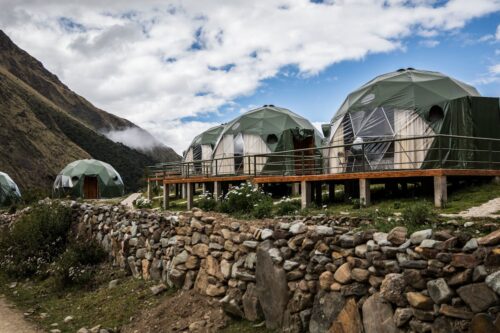
To avoid greenwashing, travel companies and destinations may fear sharing sustainability and climate goals, but greenhushing in tourism is a problem too.
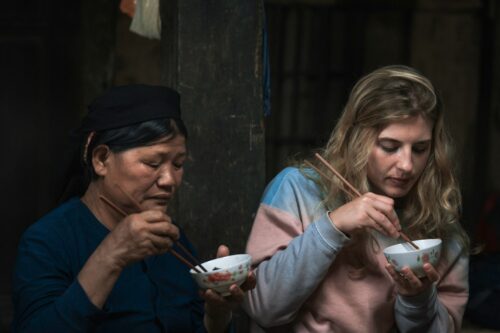
Sustainability jargon in the tourism industry is a problem. Here’s how to avoid buzzwords and how travel companies should communicate about sustainability.

Meet travelers where they are and communicate effectively about top travel trends like last-chance tourism, community tourism, and overland travel.

Despite 2024’s global challenges, these stories highlight hopeful and inspiring people, places, solutions, and ideas in tourism and beyond.
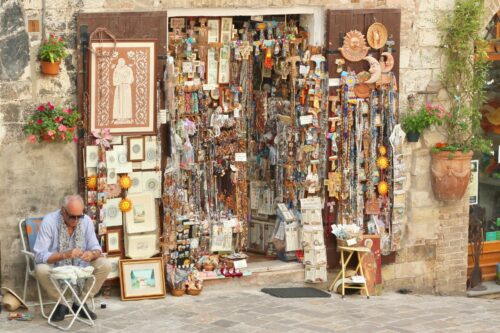
Guidance for destination representatives, tourism service providers, and travel media for crafting travel stories with dignity and respect.
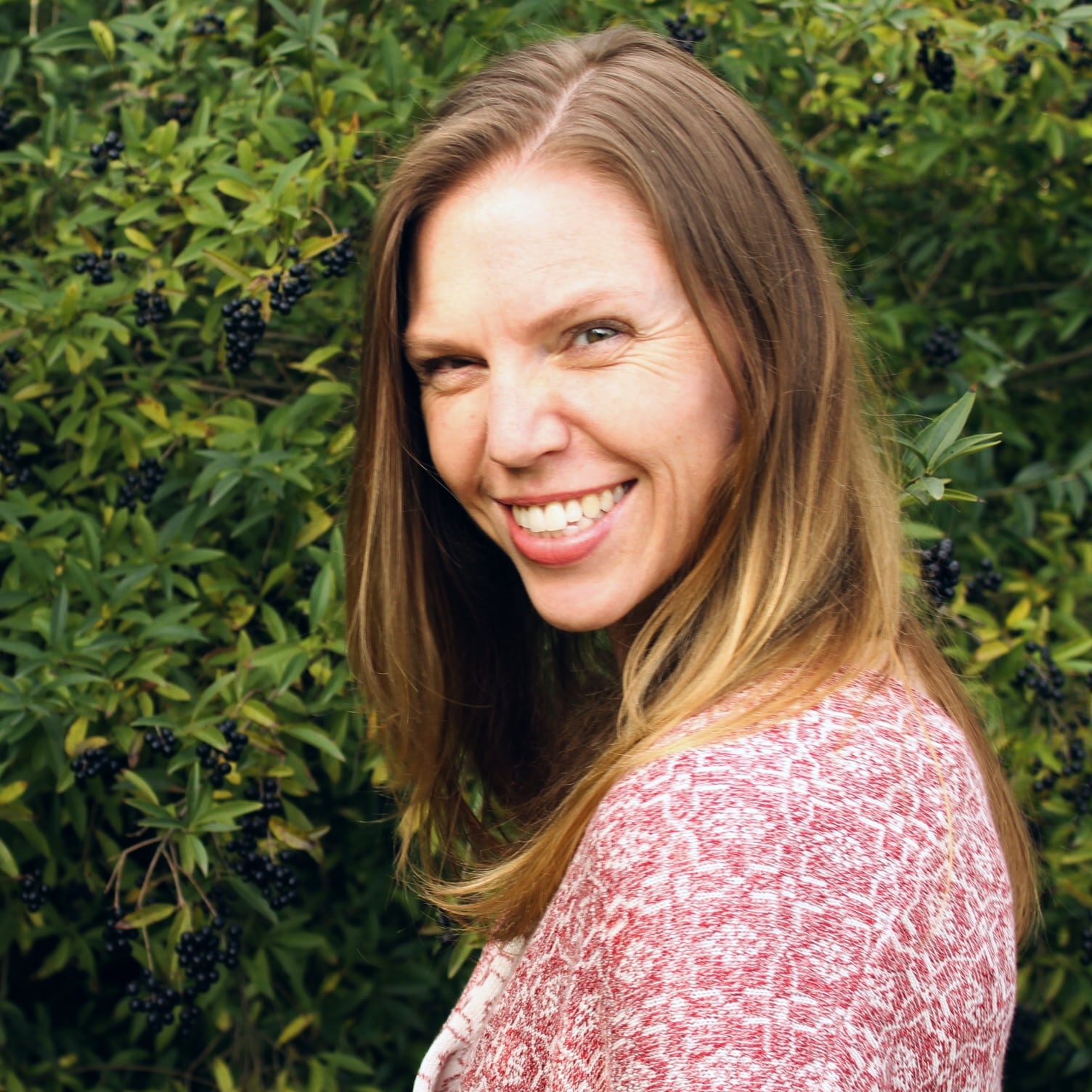
Rooted is created and curated by JoAnna Haugen, a global citizen with decades of professional tourism work, international living, and travel experience. She actively supports tourism professionals on their journey to embrace ethical marketing, support sustainable development and social impact, and disrupt the harmful tourism status quo.
Join her on a journey of empowerment and amplification with Rooted, where local people plant the seeds and storytelling helps them grow.
I highly recommend working with JoAnna to any partner in the travel industry that wants to be a more responsible global citizen and traveler.
JoAnna breaks down the elements of how to improve your sustainability story in a way that is easy to understand and insightful.
JoAnna is an empathic teacher who is willing to share her knowledge for the sake of a responsibly committed tourism industry.
She has helped us be a more open and transparent business and I would absolutely recommend JoAnna for any consultation projects you may have.
In a time of virtual conferences overload, JoAnna managed to captivate the audience and keep their attention to the end.
JoAnna is a joy to work with. She is professional, friendly, knowledgeable, organised, everything you'd hope for in a speaker.
There is a cycle of action connecting storytelling, social impact, and sustainability in tourism. Communicating with travelers about local issues (like refugee crises and water shortages) creates awareness about a destination. When this information is paired with compelling stories about social impact organizations addressing these challenges — especially if travelers can engage with these initiatives — tourism becomes a meaningful way to support sustainable development and regenerative approaches within a destination.
Additionally, when travelers are exposed to locally focused initiatives addressing global challenges, they are better able to connect their “real life” with their holiday experiences. Being exposed to social impact efforts through storytelling in travel and tourism also showcases a more transparent and holistic narrative of a destination. These experiences shape a more accurate and compelling story that travelers will share with others as well.
Tourism communication happens in a variety of ways throughout a person’s buyer journey and travel journey. It is important to be honest, accurate, and accessible in all tourism marketing and communications. This doesn’t always happen because the typical travel-related narrative emphasizes messaging that makes people feel comfortable and good. Unfortunately, this sanitized messaging has the potential to harm the environment, misrepresent places, and silence marginalized communities.
Ethical, sustainable tourism marketing and communication is important in order to accurately represent people, places, and cultures, and to establish appropriate expectations and boundaries.
Tourism employs about 10% of the global workforce and contributes around 10% to the global GDP. Historically, the success of tourism has been measured by growth. However, travel and tourism have many negative impacts. These include exploitation of natural resources, distortion of local cultures, and a disregard for communities' wellbeing in favor of tourism infrastructure and experiences prioritizing travelers.
Tourism contributes to and accelerates global issues like the climate crisis, biodiversity collapse, and housing shortages. Tourism is also projected to grow significantly in the coming years. This growth is not sustainable for the planet, the tourism industry, or for the destinations where people travel. Therefore, it is essential for those working in this space to radically rethink tourism, its purpose, and how it operates throughout the world.
It’s true that in-house tourism communications teams are equipped with people who know a company inside and out. However, someone with an outside perspective and experience can offer much-needed, fresh insight while also saving your company time and money.
Rooted’s founder, JoAnna, is an award-winning public speaker. She has spoken on — or is qualified to speak about — topics related to:
There’s never been a better time to challenge the status quo, rethink tourism, and embody a responsible and regenerative approach to tourism. Unlock your influence and improve your sustainable tourism storytelling and communication skills using our robust library of resources, courses, customized training, and tourism consulting services. We can help you share your stories and initiatives that have a positive impact on destinations and the people who live there.
Get in touch and let’s change travel for the better, together.

Don't miss out!
Monthly Rooted newsletter highlights:
Copyright 2024 Rooted Storytelling, all rights reserved.
Notifications